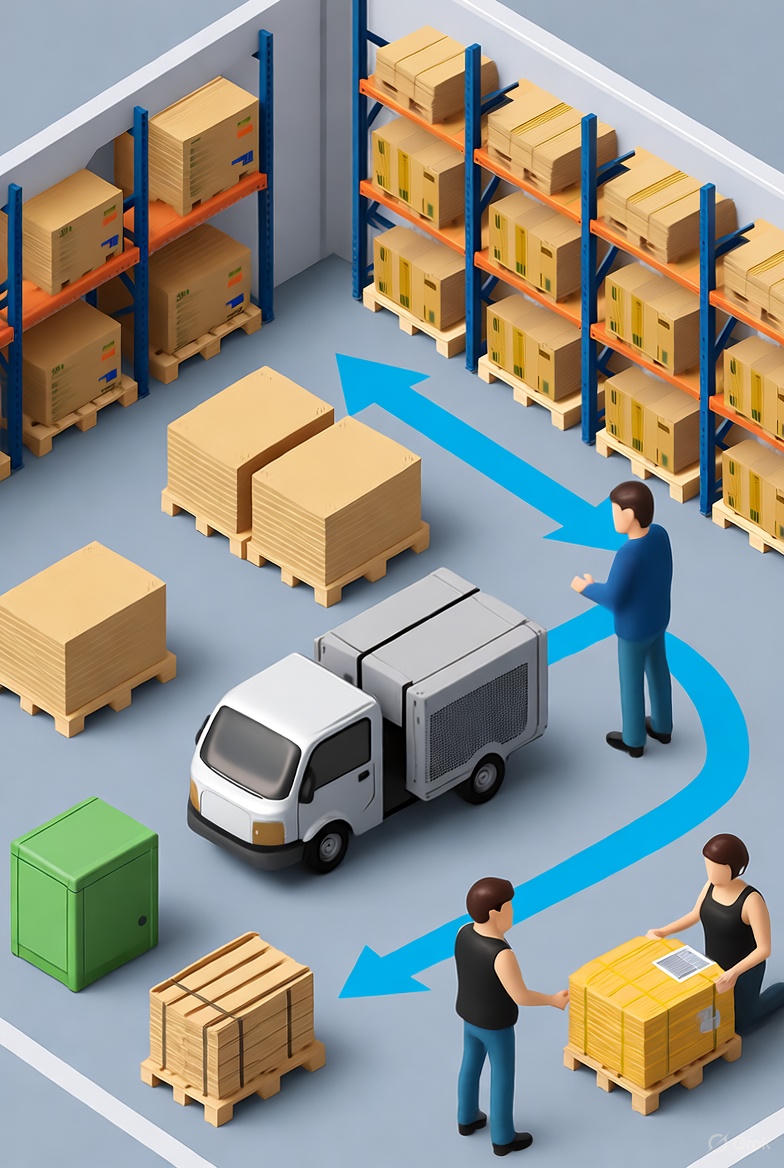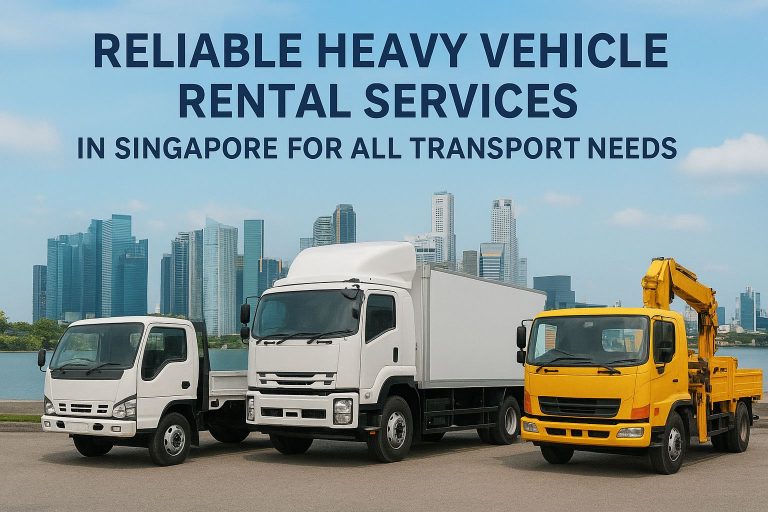In today’s fast-moving global market, businesses depend on smooth, efficient logistics to meet customer expectations and stay competitive. One of the most critical elements of this process is Warehouse Logistics Solutions — the systems and strategies that make storing, managing, and moving goods faster, smarter, and more reliable. From automation and data analytics to real-time inventory management, modern warehouse logistics are transforming how supply chains operate worldwide.
Understanding Warehouse Logistics Solutions
At its core, Warehouse Logistics Solutions refers to the integration of storage, inventory control, and transportation processes to improve supply chain efficiency. These solutions combine technology, planning, and smart management practices to ensure that products are stored properly, handled efficiently, and delivered on time.
Companies rely on these solutions not only to reduce operational costs but also to increase visibility, accuracy, and flexibility within their supply chains. Whether it is a small e-commerce store or a large manufacturing facility, the right warehouse logistics setup directly impacts overall performance.
The Role of Warehouses in Supply Chain Management
A warehouse is more than just a storage facility. It is the backbone of an efficient logistics operation. Modern warehouses use Warehouse Logistics Solutions to track goods, monitor inventory, and optimize space utilization.
By implementing digital systems like Warehouse Management Systems (WMS), companies can achieve complete transparency across all stages of their supply chain. This means fewer delays, less waste, and more satisfied customers. In short, Warehousing & Storage facilities have evolved from simple storage units to strategic hubs that drive business growth and operational efficiency.
Key Benefits of Warehouse Logistics Solutions
Improved Efficiency and Accuracy
With Warehouse Logistics Solutions, businesses can automate repetitive tasks such as order picking, packing, and labeling. Automation reduces human error, speeds up order fulfillment, and ensures that the right products reach the right destination.
Barcode scanning, RFID technology, and smart sensors are now widely used to improve accuracy and data collection within warehouses.
Real-Time Inventory Visibility
One of the major advantages of Warehouse Logistics Solutions is real-time inventory visibility. Advanced systems allow managers to track stock levels, product movement, and demand trends instantly. This helps forecast needs, prevent stockouts, and avoid overstocking — all of which are crucial for cost control.
Better Space Utilization
Efficient space management is a core part of any logistics strategy. Warehouse Logistics Solutions uses analytics and smart layouts to maximize storage capacity without expanding physical space. By organizing shelves, optimizing slotting, and using vertical storage, warehouses can store more products efficiently.
Cost Reduction
When operations are optimized, costs go down. From reducing manual labor to minimizing transportation expenses, Warehouse Logistics Solutions help businesses lower operational costs while maintaining quality and speed. Additionally, automation reduces overtime and maintenance costs, further improving profitability.
Enhanced Customer Satisfaction
Fast and accurate deliveries create happy customers. By ensuring orders are processed smoothly and on time, Warehouse Logistics Solutions helps businesses build trust and brand loyalty. Improved accuracy and delivery speed also reduce the chances of product returns or complaints.
Technology Driving Modern Warehouse Logistics Solutions
Automation and Robotics
Robotics has revolutionized how goods are moved within warehouses. Automated Guided Vehicles (AGVs) and robotic arms are now handling tasks like stacking, sorting, and transporting products. These technologies make Warehouse Logistics Solutions faster, safer, and more efficient.
Internet of Things (IoT)
IoT devices provide real-time data on temperature, humidity, and equipment performance. This ensures that sensitive goods are stored under optimal conditions. IoT-enabled Warehouse Logistics Solutions also help detect inefficiencies and prevent potential equipment failures before they occur.
Cloud-Based Warehouse Management Systems
Cloud-based WMS platforms enable businesses to manage multiple warehouses from one central system. This allows seamless coordination between storage, transportation, and delivery. Cloud integration has made Warehouse Logistics Solutions more scalable, flexible, and cost-effective for companies of all sizes.
Challenges in Implementing Warehouse Logistics Solutions
Despite the benefits, businesses may face challenges while integrating new systems. Common issues include high initial investment costs, employee training needs, and compatibility with existing infrastructure.
However, these challenges can be overcome with a strategic implementation plan. Partnering with experienced logistics providers or technology experts ensures smooth adoption of Warehouse Logistics Solutions without major disruption.
Future Trends in Warehouse Logistics
The logistics industry is rapidly evolving, and Warehouse Logistics Solutions are at the center of this transformation. Some emerging trends include:
Green Warehousing
Sustainability is becoming a priority. Companies are adopting eco-friendly packaging, renewable energy sources, and energy-efficient designs to reduce carbon emissions.
Predictive Analytics
Predictive analytics uses data to forecast demand and optimize resource allocation. This allows warehouses to prepare inventory ahead of time and avoid delays.
Autonomous Vehicles and Drones
The future will see more use of autonomous delivery vehicles and drones to speed up transportation between warehouses and distribution centers.
Blockchain in Logistics
Blockchain technology adds transparency and security to transactions. It ensures all parties in the supply chain have access to reliable, tamper-proof data, improving trust and accountability.
Why Businesses Need Professional Warehouse Logistics Solutions
In a competitive market, businesses cannot afford inefficiencies. Partnering with a professional provider of Warehouse Logistics Solutions ensures access to the latest technology, trained personnel, and optimized operations.
Companies like Nam Seng Cargo Gear Suppliers Pte Ltd deliver customized storage and logistics solutions that streamline every part of the supply chain — from receiving goods to final delivery. This level of expertise leads to better inventory management, reduced costs, and faster turnaround times.
Conclusion
Efficiency, accuracy, and reliability — these are the pillars of a successful supply chain. Warehouse Logistics Solutions play a crucial role in achieving all three. By embracing automation, technology, and smart management practices, businesses can transform their warehouse operations into a powerful driver of growth.
As global logistics continue to evolve, those who invest in modern Warehouse Logistics Solutions today will be best positioned to lead tomorrow’s supply chain industry.




